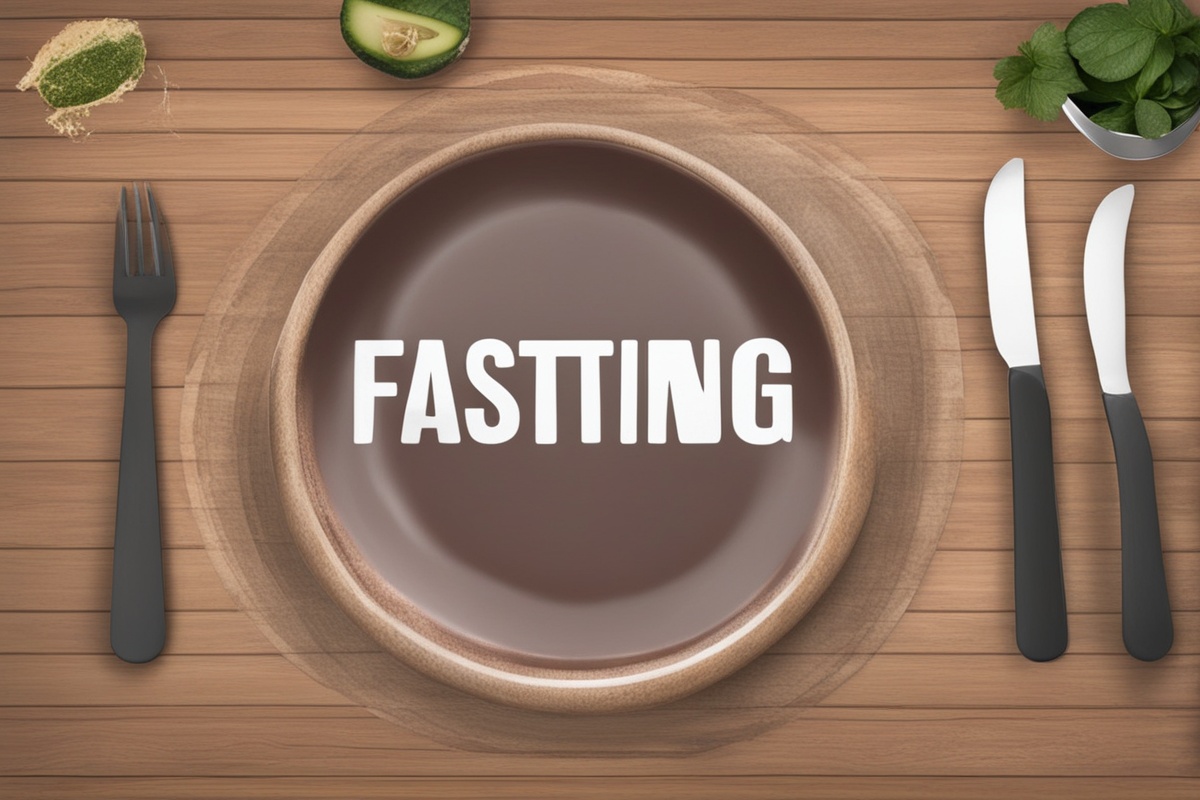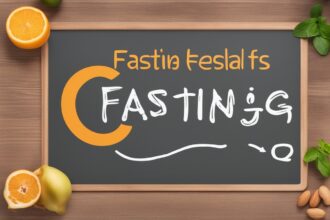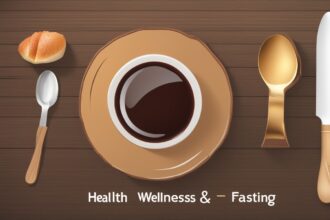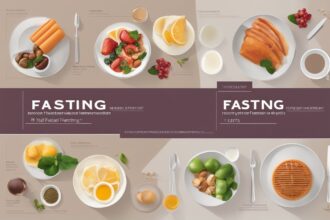Have you ever wondered if skipping a meal or two could actually be good for you? fasting, a practice as old as humanity itself, has gained massive popularity in recent years for its potential health benefits. From weight loss to improved mental clarity, the fasting advantages are hard to ignore. Whether you’re a beginner curious about intermittent fasting or someone looking to deepen your understanding of fasting benefits, this post will walk you through the science, practical tips, and real-world applications of fasting. Let’s dive into how this ancient practice can transform your health and wellness!
What Is Fasting and Why Does It Matter?
Fasting is the voluntary abstinence from food and, in some cases, drink for a specific period. It’s not just about starvation—it’s a deliberate choice with roots in cultural, religious, and health practices. Today, forms like intermittent fasting (IF), where you alternate between eating and fasting windows, have become a go-to for many seeking the fasting advantages. But why does it matter? Fasting triggers unique physiological changes in the body, like ketosis (burning fat for fuel) and autophagy (cellular cleanup), which can lead to profound health benefits. Understanding these mechanisms is key to appreciating how fasting can work for you.
Fasting Advantages for Physical Health
One of the most well-known fasting benefits is its impact on physical health. Studies show that fasting can help with weight management by reducing calorie intake and boosting metabolism. A 2019 review in the journal Obesity found that intermittent fasting led to significant weight loss in participants over 8–12 weeks. Beyond shedding pounds, fasting may also improve insulin sensitivity, making it a powerful tool for managing blood sugar levels. Additionally, fasting has been linked to lower inflammation levels, which is a root cause of many chronic diseases like heart disease and arthritis. These physical fasting perks make it a compelling option for anyone looking to enhance their well-being.
- Weight Loss: Fasting reduces overall calorie consumption and promotes fat-burning through ketosis.
- Blood Sugar Control: Improved insulin sensitivity helps prevent spikes and crashes in blood sugar.
- Heart Health: Fasting may lower blood pressure and cholesterol, reducing cardiovascular risks.
- Anti-Inflammatory Effects: Reduced inflammation can alleviate symptoms of chronic conditions.
Mental and Emotional Benefits of Fasting
While the physical fasting advantages often steal the spotlight, the mental and emotional benefits are equally impressive. Fasting can enhance brain function by increasing the production of brain-derived neurotrophic factor (BDNF), a protein that supports neuron growth and protects against neurodegenerative diseases. A 2020 study in Frontiers in Neuroscience highlighted how fasting improves focus and cognitive performance. On the emotional side, many people report feeling a sense of clarity and calm during fasting, possibly due to stabilized blood sugar levels and reduced stress hormones. If you’ve ever felt mentally foggy or overwhelmed, exploring the mental benefits of fasting might be a game-changer.
Fasting for Longevity and Cellular Health
Did you know that fasting could help you live longer? One of the most exciting fasting benefits is its role in promoting longevity through a process called autophagy. During fasting, your cells enter “cleanup mode,” removing damaged components and regenerating healthier ones. Research published in Nature suggests that autophagy may slow aging and protect against age-related diseases like Alzheimer’s. Fasting also reduces oxidative stress, a key factor in cellular aging. By tapping into these cellular fasting perks, you’re not just improving your health today—you’re investing in a healthier tomorrow.
Practical Tips to Maximize Fasting Advantages
Ready to experience the fasting advantages for yourself? Starting a fasting routine doesn’t have to be intimidating. The key is to ease into it and listen to your body. Begin with a simple intermittent fasting schedule, like the 16:8 method (fast for 16 hours, eat during an 8-hour window). Stay hydrated—water, herbal tea, and black coffee are your best friends during fasting periods. Also, focus on nutrient-dense meals when you do eat to support your body’s needs. Fasting isn’t a one-size-fits-all approach, so experiment with different methods to find what works for you. Here are some actionable tips to get started:
- Start Slow: If you’re new, try a 12:12 fasting schedule before moving to longer fasts.
- Stay Hydrated: Drink plenty of water to avoid dehydration and curb hunger pangs.
- Plan Meals: Prepare balanced meals with protein, healthy fats, and veggies for your eating windows.
- Avoid Overeating: Breaking a fast with a huge meal can cause discomfort—eat mindfully.
- Track Progress: Keep a journal to note how fasting affects your energy, mood, and health goals.
Potential Risks and How to Avoid Them
While the fasting advantages are numerous, it’s important to acknowledge that fasting isn’t for everyone. Potential risks include fatigue, irritability, and nutrient deficiencies if not done properly. People with certain medical conditions, like diabetes, or those who are pregnant or underweight should consult a healthcare provider before starting. To minimize risks, avoid extreme fasting protocols without preparation, and don’t ignore your body’s signals. If you feel dizzy or unwell, break your fast with a small, light meal. The goal is to harness the health benefits of fasting safely and sustainably, not to push yourself to the brink.
In conclusion, the fasting advantages offer a compelling case for incorporating this practice into your lifestyle. From boosting physical health and mental clarity to promoting longevity and cellular repair, the benefits of fasting are backed by science and real-world experiences. Whether you’re aiming to lose weight, sharpen your focus, or simply feel better, fasting provides a flexible and accessible approach to wellness. Remember to start small, stay informed, and prioritize safety as you explore the fasting benefits. Have you tried fasting before, or are you inspired to give it a shot? Share your thoughts and experiences—we’d love to hear how this ancient practice works for you!






